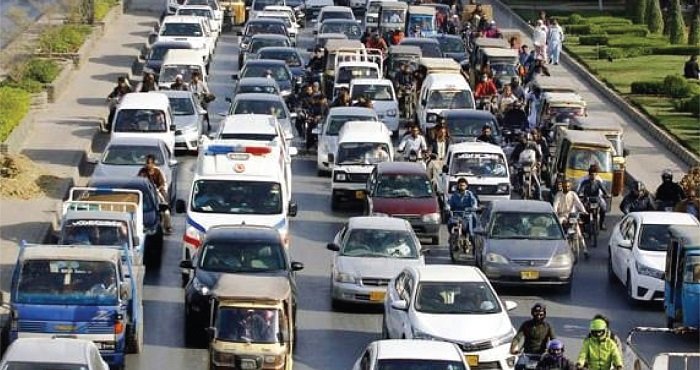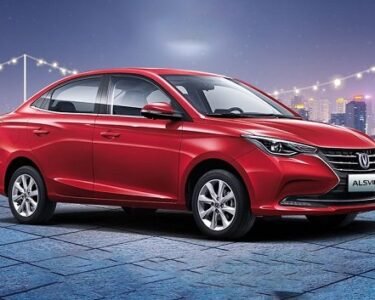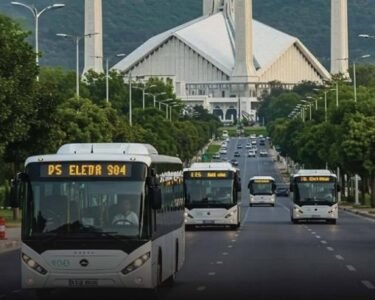In a landmark move to improve road safety and environmental compliance, the Ministry of Industries and Production has enforced quality and safety standards for all vehicles in Pakistan. The regulations apply to both imported and locally manufactured units, marking the country’s first alignment with WP-29 standards, a global framework developed by the United Nations World Forum for Harmonisation of Vehicle Regulations.
What WP-29 Standards Mean for Pakistan?
The new rules cover a wide range of vehicle safety and environmental aspects. These include:
- Braking systems, airbags, and seat belts
- Crash protection in frontal, side, and pole impacts
- Child restraints and head restraints
- Tyre safety, steering systems, and lighting
- Noise and exhaust emission standards
- For electric and hydrogen vehicles: battery safety, charging systems, and high-voltage protection
By implementing these measures, Pakistan aims to bring its vehicle standards closer to international benchmarks, improving driver and passenger safety while reducing environmental harm.
Inspection and Compliance Mechanism
Under the decision ratified by the federal cabinet on the recommendation of the ECC, all new and used imported vehicles must carry pre-shipment inspection certificates from approved international agencies such as JAAI (Japan) or KTL (Korea). These certificates will confirm that vehicles are roadworthy, free from odometer tampering, and without structural damage.
Additionally, post-shipment inspections will be conducted at authorized centres in Pakistan. The same requirements will also apply to locally manufactured and assembled vehicles.
Deadline for Automakers
Automakers have until June 30, 2026, to fully comply with the WP-29 framework. After that date, the Engineering Development Board (EDB) will have the authority to revoke licenses of non-compliant companies.
Industry Concerns
While the initiative is seen as a step toward safer roads and cleaner air, industry stakeholders have raised concerns. Amir Allawala of PAAPAM questioned whether the EDB has the technical expertise to oversee such complex regulations. He also warned that relying on foreign laboratories for certification could increase costs and put pressure on Pakistan’s foreign exchange reserves.
A Step Toward Safer Mobility
Despite the concerns, the enforcement of WP-29 standards represents a transformative shift for Pakistan’s auto industry. By adopting global safety benchmarks, the government aims to reduce road accidents, ensure consumer protection, and align with international markets, while also pushing automakers toward cleaner and safer technologies.






